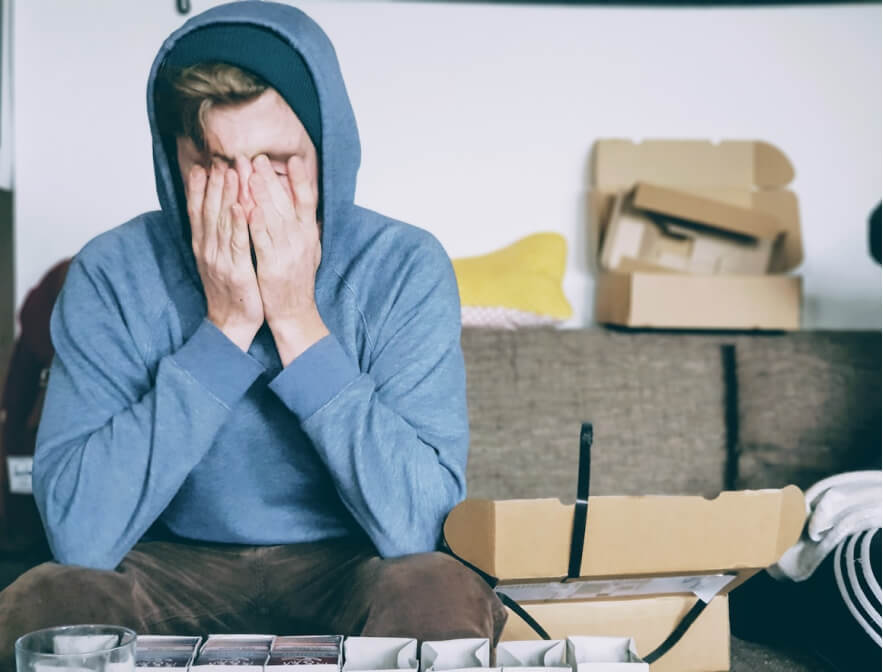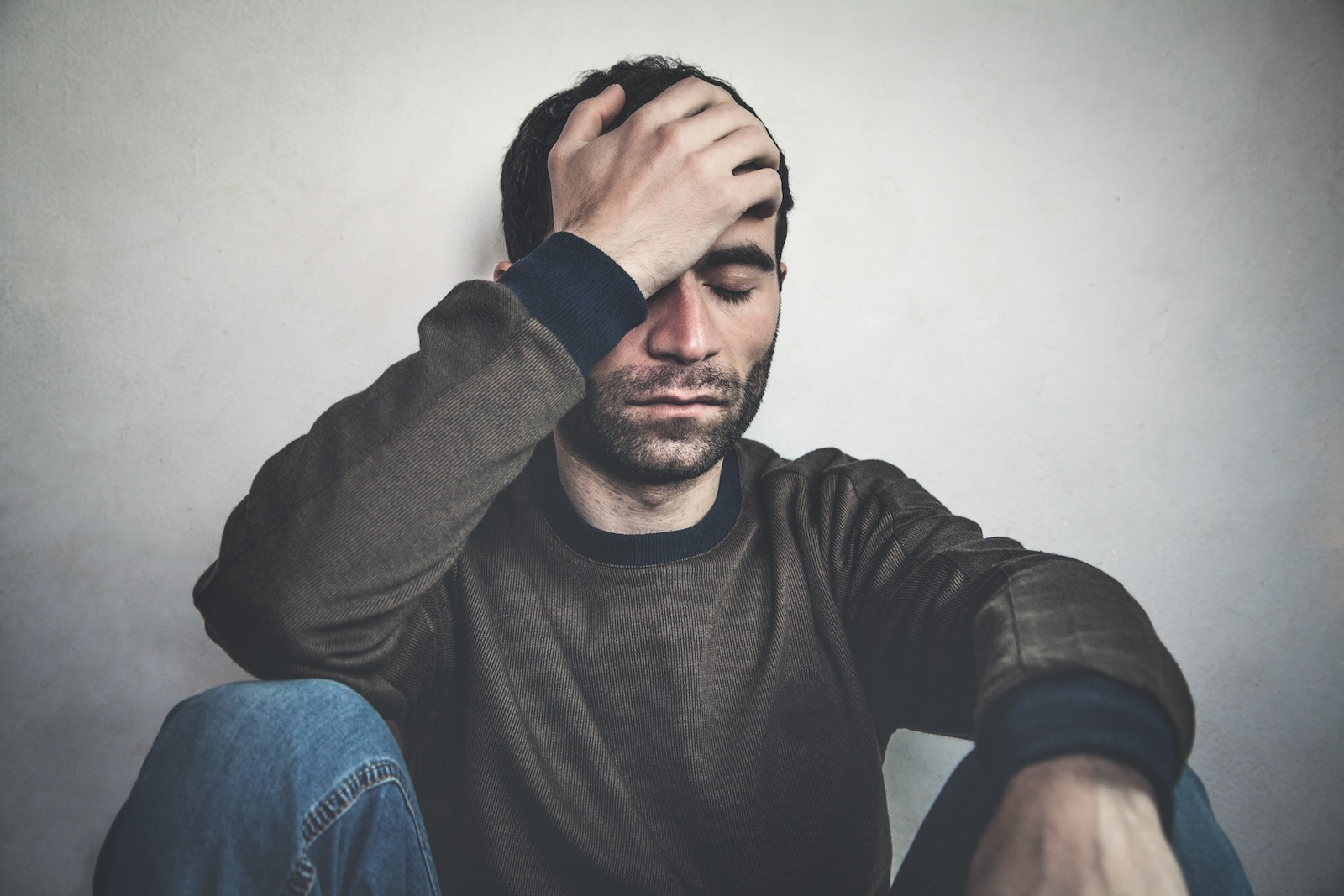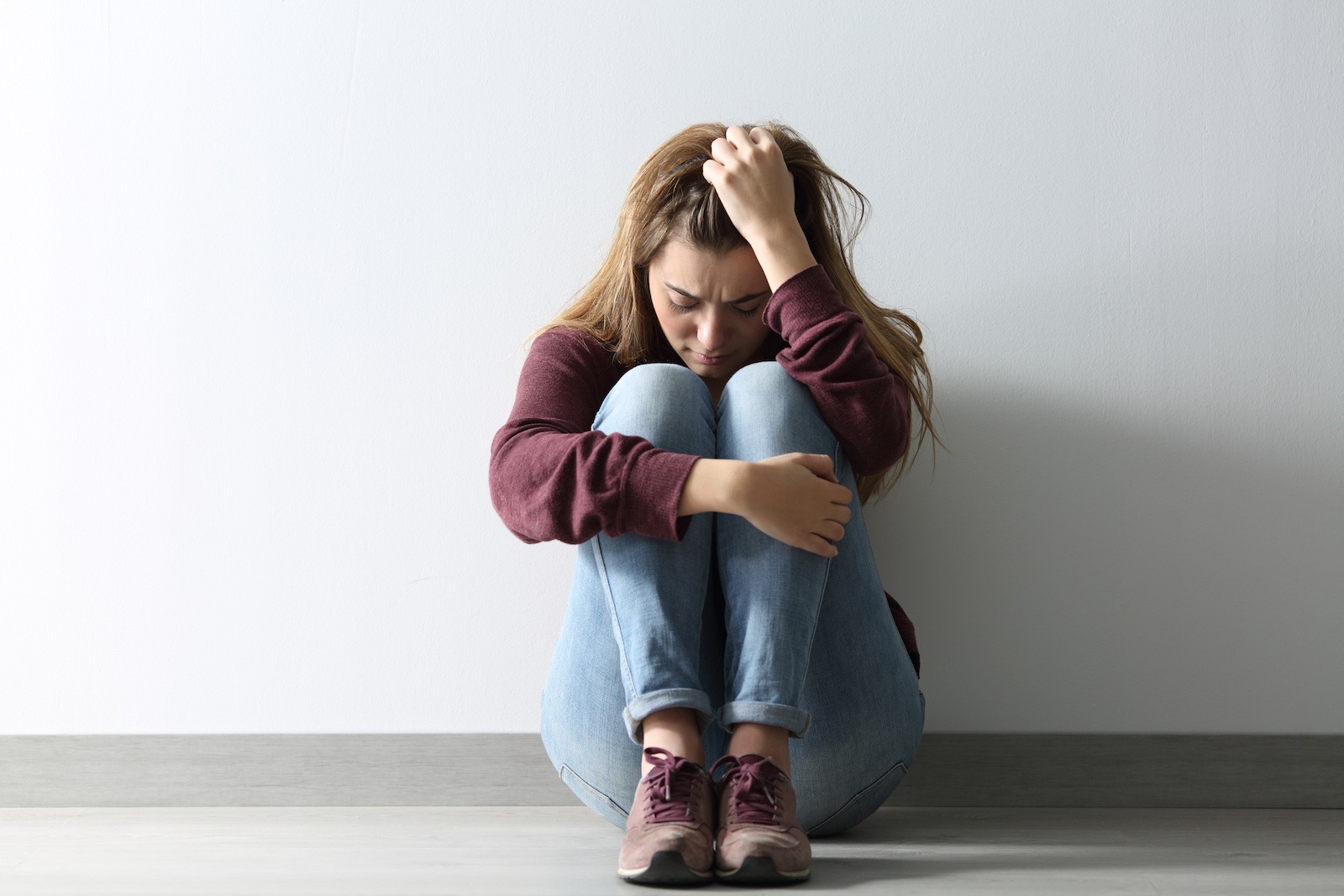Addiction | 7 min read
The Effect Of Drugs On The Brain And Body
Medically Reviewed By

On August 27, 2022
Written By
On May 22, 2022

Detoxing from a drug is an important part of an addict’s journey to getting clean. However, it can be an extremely difficult time due to the emotional, physical, and psychological challenges that detoxification and withdrawal have on a person.
Drugs have a severe and lasting effect on a person’s mind, body, and life, so it is not an easy task to rid the drugs from all three aspects at once. Getting rid of drugs from a person’s body is similar to getting rid of an illness. The body fights the toxic substance, in this case, drugs, by reacting to it.
Although detoxification can be a challenging part of getting clean, it is necessary. The body must be able to get rid of the drugs that remain in its system so that you can physically get over the addiction to a drug.
The psychological challenges of withdrawal are much more subdued than physical ones, but they should not be ignored. Psychological addiction to a drug is extremely common. Additionally, certain drug withdrawals and detoxification can trigger extreme mental disorders in some people. Many people experience behavioral changes, extreme anxiety, depression, suicidal thoughts or actions, or harm to themselves or others.
The psychological challenges of addiction are deep-rooted and typically have many layers. It is important to address them and understand the root cause of addiction and why it occurred. Understanding the root causes of addiction is helpful and can be accomplished using psychological tactics such as therapy and mindfulness.
It is important to address all aspects of detoxification. If we were only to address the physical ailments that people experience, we would negate an entire experience that many go through. Detoxing safely combines taking care of the physical, psychological, and emotional aspects of detox.
Being safe is not just physical safety. It is not just preventing medical emergencies. Being safe and detoxing is about feeling supported, addressing underlying issues, and getting rid of the physical drugs in the body.
Please read on to learn more about how drugs affect the brain and body and how to detox while maintaining well-being safely.
What Is The Effect Of Drugs On The Brain & Body?
Depending on the drug, there are different effects on the brain and body. People who take stimulants versus people who take opioids will have different effects and experience different side effects of the drugs.
The long-term effects of drugs on the body are generally negative. Not many drugs can be abused and provide benefits over time. Most drugs will have severe negative implications on a person’s health, general well-being, life, mental health, and social relationships.
The effects of drugs on the brain and body differ from drug to drug. The following lists several drugs and how they affect the brain and body.
- Stimulants can cause imbalances in the brain:
- Stimulants can cause neurotransmitters inside the brain to jumpstart the body’s nervous system. However, instead of keeping the brain’s chemical balance, stimulants boost the activity of 2 chemicals while leaving neurotransmitters alone. This creates an imbalance in the number of neurotransmitters needed.
- Stimulants also create more dopamine and norepinephrine than necessary. Both of these hormones play roles and how we feel, how we experience pleasure, and stimulate our reward system. Too many of these hormones can cause paranoia, delusions, anxiety, high blood pressure, excessive sweating, and stress the organs.
- Opioids can create permanent brain impairment
- Consistently using and abusing opioids can cause impairment in the front regions of the brain. This results in severe issues, including memory loss, poor attention, damaged executive function, and poor spatial planning. These issues can last for years after quitting opiates.
- Opioids also hijack the brain’s reward system, causing a high feeling because of the over-release of dopamine. This is part of what creates an addiction because the brain gets addicted to the dopamine release that the drug brings and tells your body that it wants the drug.
- Hallucinogens can cause severe impairment in the brain
- Hallucinogens can have severe long-term effects on the brain, causing issues with memory and memory loss, impaired judgment skills, and extreme paranoia. Some people have lasting trips where they continue to see hallucinations for months or years after taking a hallucinogen. Hallucinogens can also cause trip flashbacks, where a person will randomly hallucinate.
- Amphetamines can cause neurological damage
- Amphetamines are a class of drugs that are highly addictive and incredibly powerful. Amphetamines can cause damage to brain cells and even kill brain cells. Amphetamines are considered neurotoxic and have incredibly destructive effects on the brain cells. It can cause various brain issues, includingg poor memory, behavioral changes, damaged executive function, and more.
Many other types of drugs have severe and intense effects on the brain and body.
Side-Effects Of Long-Term Drug Use
Depending on the drug, long-term drug use can have severe long-term side effects. Most drugs that affect the brain have severe implications for the body and mind for years afterward. Regardless of the type of drug, it is important to try and prevent bodily harm and brain damage by avoiding drugs.
The side effects of long-term drug use are usually related to the brain and the body. The brain can react to long-term drug use in various ways,, as stated earlier. Different drugs will have different effects on the brain. The stronger the drug is, and the more powerful the effect is, the more intense the long-term effects will be.
These long-term effects include extreme memory loss, behavioral issues, anxiety, depression, paranoia, hallucinations, addiction, insomnia, anorexia, and more.
The body also reacts to long-term drug use. Internal organs suffer extreme damage because of drug use. Organs that filter and clean blood are often damaged the most by severe and long-term drug use. The liver and kidneys are two organs that often experience intense damage due to drug use.
Depending on the drug, there can be severe side effects as well. Premature aging is a frequent side effect of long-term drug use. This is because the body is focusing on trying to keep itself alive rather than taking care of its skin. This is also because many people start neglecting their care and hygiene when they get addicted to drugs.
By not taking care of their appearance and body, they perpetuate and exacerbate the effects of aging.
The heart is another organ that experiences frequent damage due to long-term drug use. Many people who suffer from addiction will also suffer from heart disease or other cardiovascular issues years following their addiction.
How To Know If You Are Addicted To The Effect Of Drugs On Your Body
Understanding addiction and how it affects your body is important, but being able to tell if you are addicted to the effects of drugs is just as important, if not more important. Unfortunately, most people believe that they are in control of their drug use until it is too late. This can be very dangerous for many reasons.
Everyone assumes that they will be the one who does not get addicted to the drugs, that they are strong enough to resist the temptation of drugs. However, the majority of people who experiment with highly addictive drugs are not able to avoid addiction.
To tell if you are addicted to the effect of drugs on your body, there is a simple test you can do. Try to quit using the drug. If you can stop using the drug and relax, you do not have a drug problem. If you cannot quit or begin experiencing withdrawal symptoms and detoxification, then you are addicted to drugs.
The symptoms of withdrawal and detoxification are different for everybody and mainly depend on the drug the user was taking, but most withdrawal symptoms circle around feeling physically sick. Many people experiencing withdrawal feel anxious, depressed, unable to sleep, extreme cravings for drugs, experience nausea, paranoia, and mental health issues.
To see if you are addicted, try to go for one week without using the drug. Look up the half-life of the drug you are currently taking, and monitor your symptoms after that time has passed. So, for example, if the half-life of your drug is 17 hours, begin to pay attention to how you feel after 17 hours. If you begin to show symptoms of detoxification and withdrawal, you are likely addicted, and withdrawal symptoms and detox will then occur.
If you can get past the half-life of the drug you were taking, you might have avoided addiction. Continue to monitor your symptoms for the next week. If you begin to feel symptoms of withdrawal detoxification, immediately get in touch with a care facility specializing in detoxification or rehabilitation.
If any of these symptoms occur when you begin to cut back or quit taking drugs, you are likely addicted. If you are addicted to using a drug, it is important to recognize it and seek professional help immediately.
Addicted To The Effect Of Drugs On Your Body?: Here’s How To Get Help
If you try to stop taking drugs and you realize that you are addicted, the first step is not to panic. Recognizing that you are addicted to a substance is the first step in getting your life back and getting clean. Take a deep breath, and try to relax.
Addiction is something that you can fight. Fighting addiction is much easier when you have the proper resources and all the right people in your corner. Once you realize that you have become addicted to a drug, you need to tell your friends and family who you trust that you are dealing with an addiction.
Although it may seem scary and nearly impossible to tell your friends or family that you are struggling with addiction, it is one of the most important parts of your recovery. All the trusted members of your inner circle that you are struggling with addiction. Allow them to help guide you and cheer you on through this process.
Many people will skip this part. This is not recommended because many people who do not have support from their friends and family will relapse.
Another aspect of beginning your recovery and getting help is to avoid triggers and environments where you want to take the drug. Working with the therapist is a great way to identify the root causes of the addiction as well as create plans to avoid those locations and triggers. A therapist can also help create new cognitive Pathways that are beneficial and help to treat addiction. The best therapists for addiction can be found at professional and rehab centers.
All the support from friends and family is important and extremely beneficial. It is not the only available support. Professional centers for detoxification and rehabilitation are available and should be utilized. Many centers for detoxification and rehabilitation accept insurance and work with their patients on a case-by-case basis to ensure everyone has access to the care they need and deserve.
You are no exception. If you are struggling with addiction, then you deserve to be able to beat it. Look for rehabilitation and detoxification centers in your area to help kick-start your journey to getting back on your feet.
If you or a loved one is suffering from addiction, reach out to a premier drug detox facility now. Nobody deserves to live a life controlled by drugs and substances. There is a better life waiting for you. All you need to do is take the next step towards it.
Ascendant New York Editorial Guidelines
Here at Ascendant New York, we understand the importance of having access to accurate medical information you can trust, especially when you or a loved one is suffering from addiction. Find out more on our policy.
- National Institute on Drug Abuse. Drugs and the Brain. National Institute on Drug Abuse. Published July 2020. Accessed August 27, 2022. https://nida.nih.gov/publications/drugs-brains-behavior-science-addiction/drugs-brain






